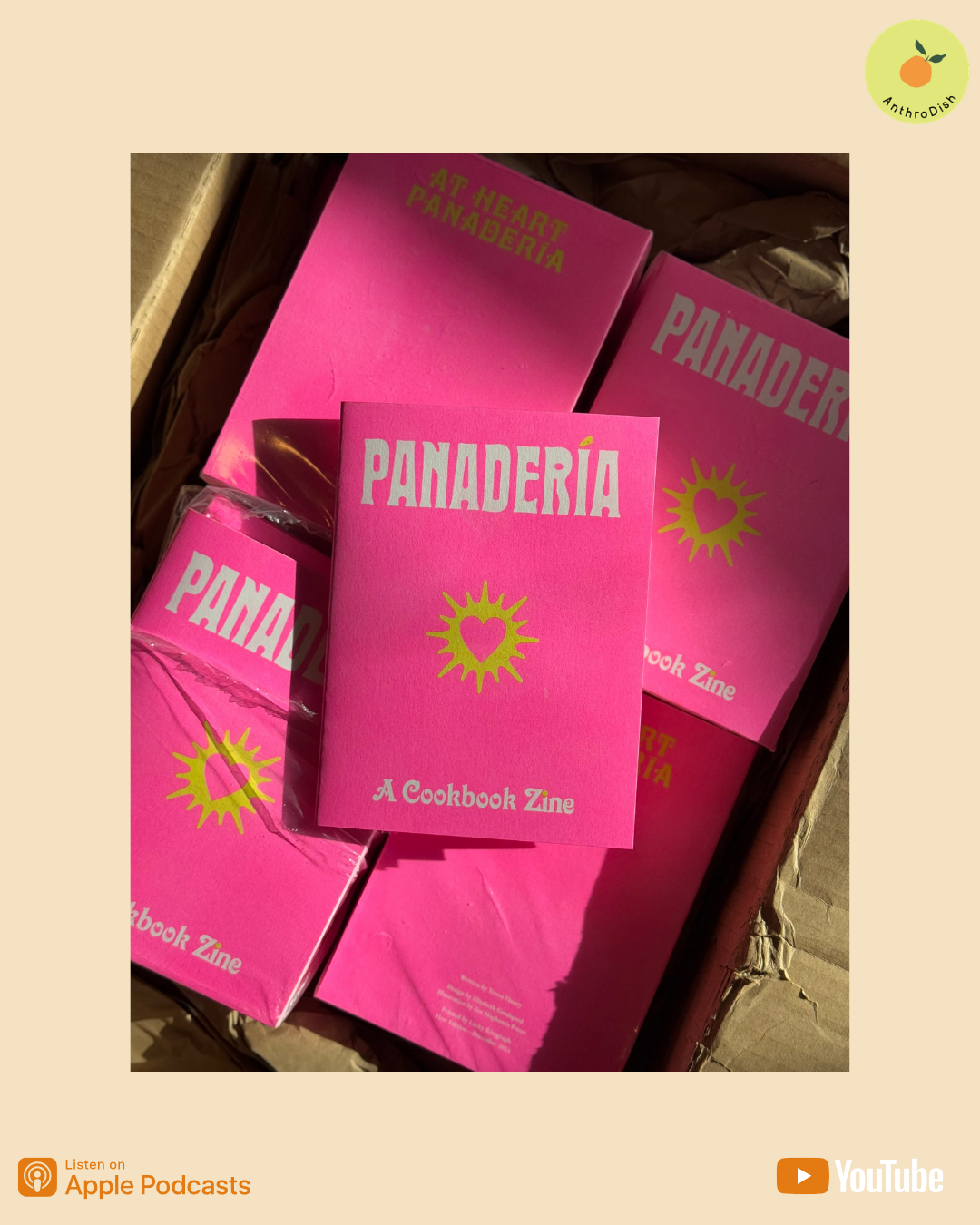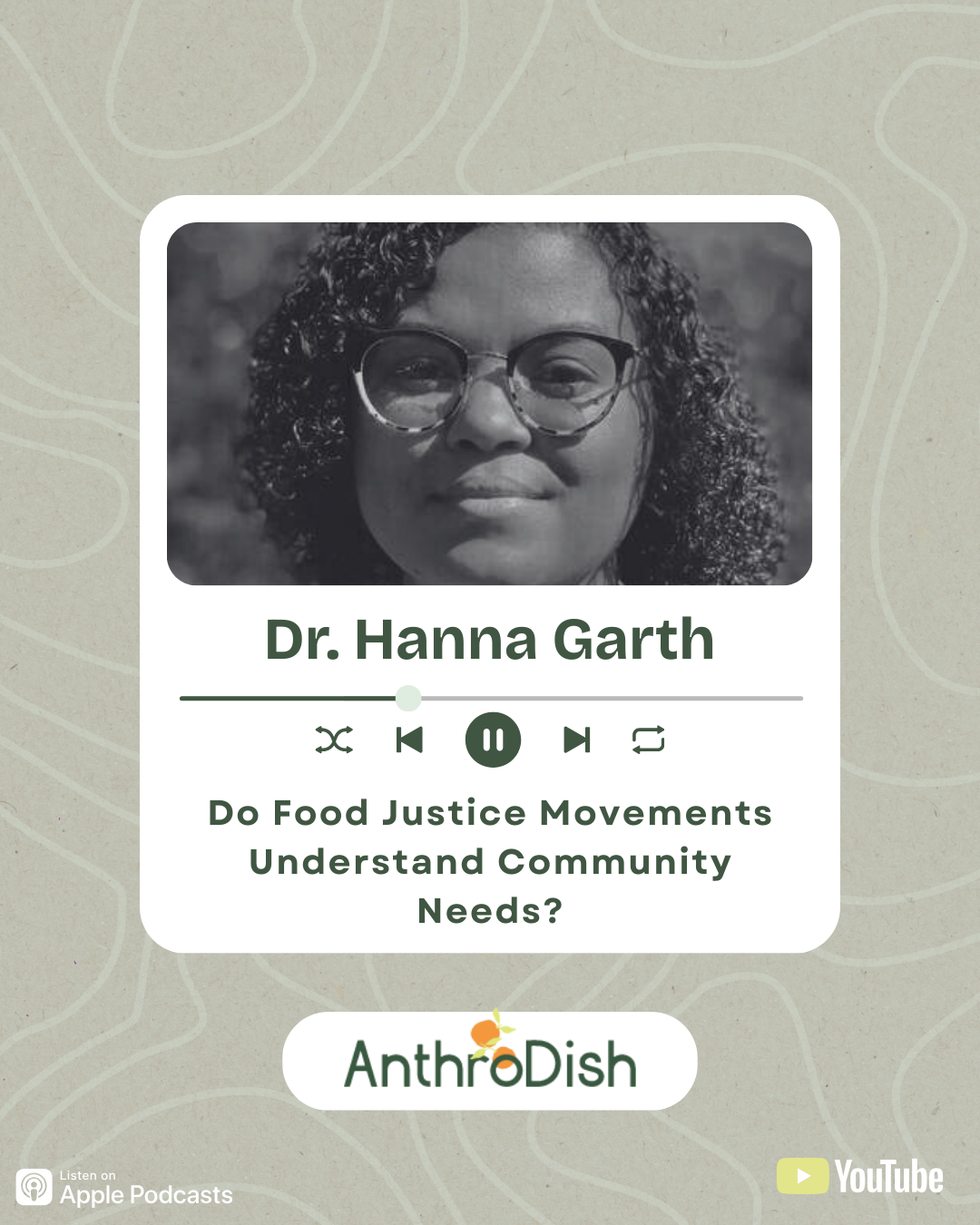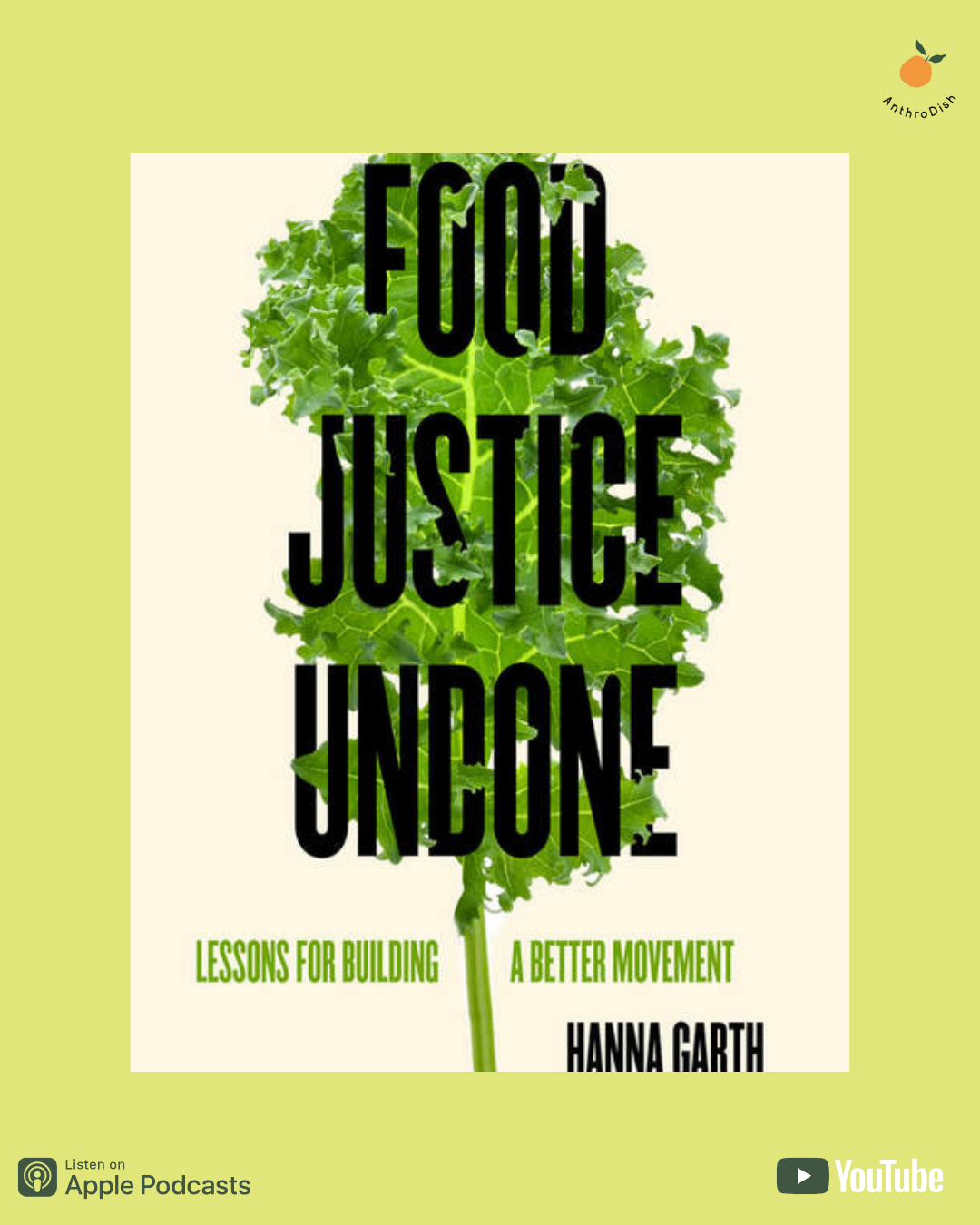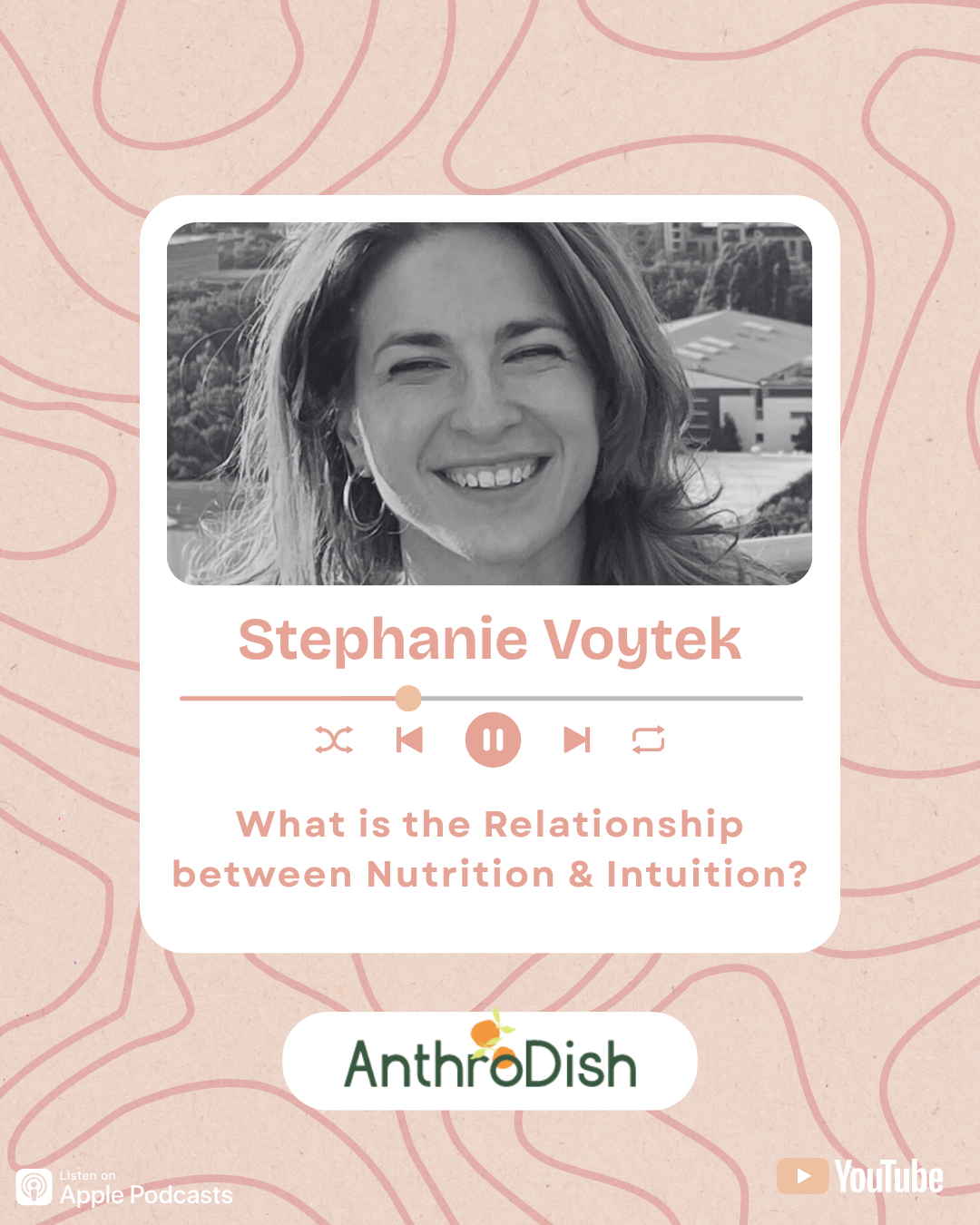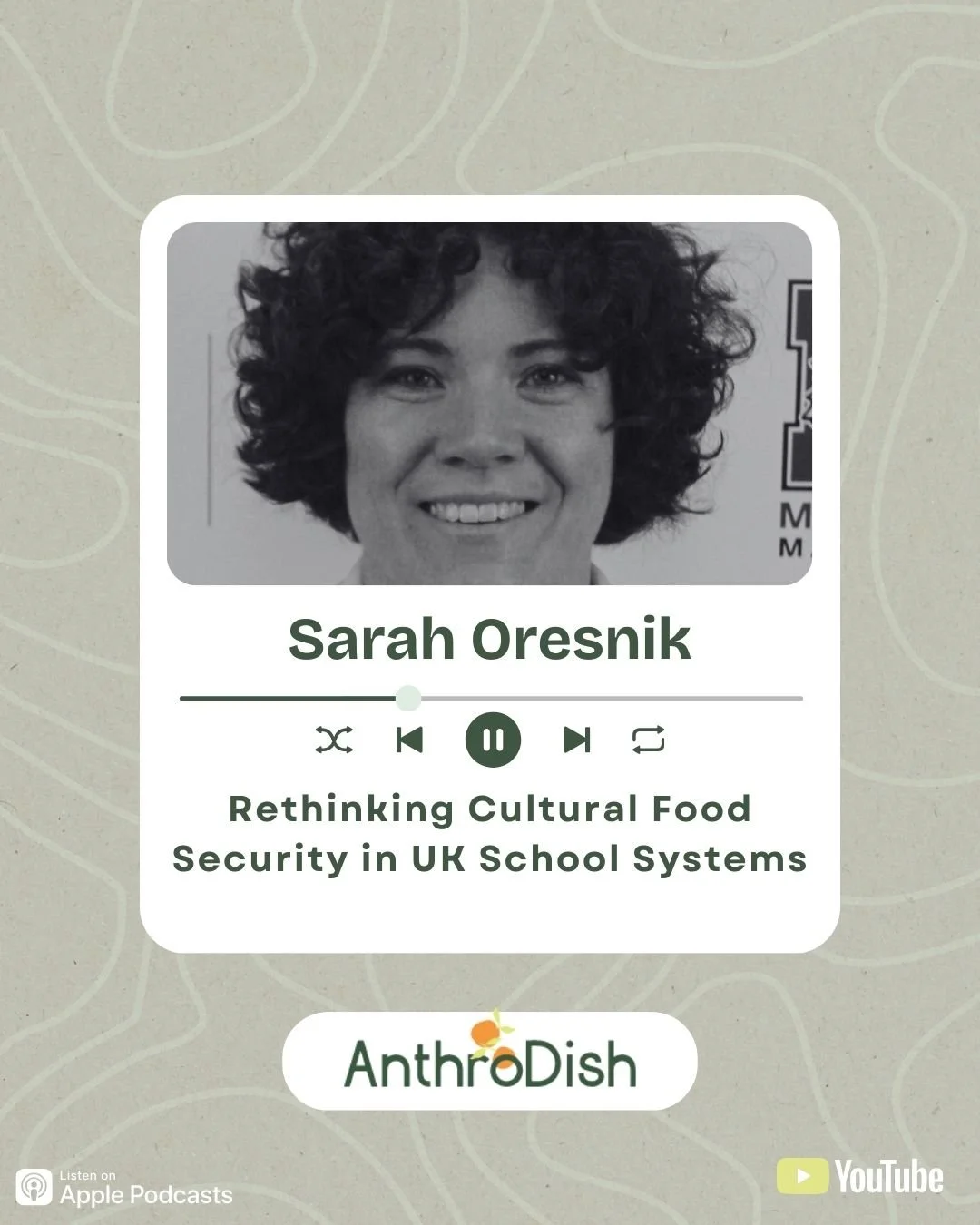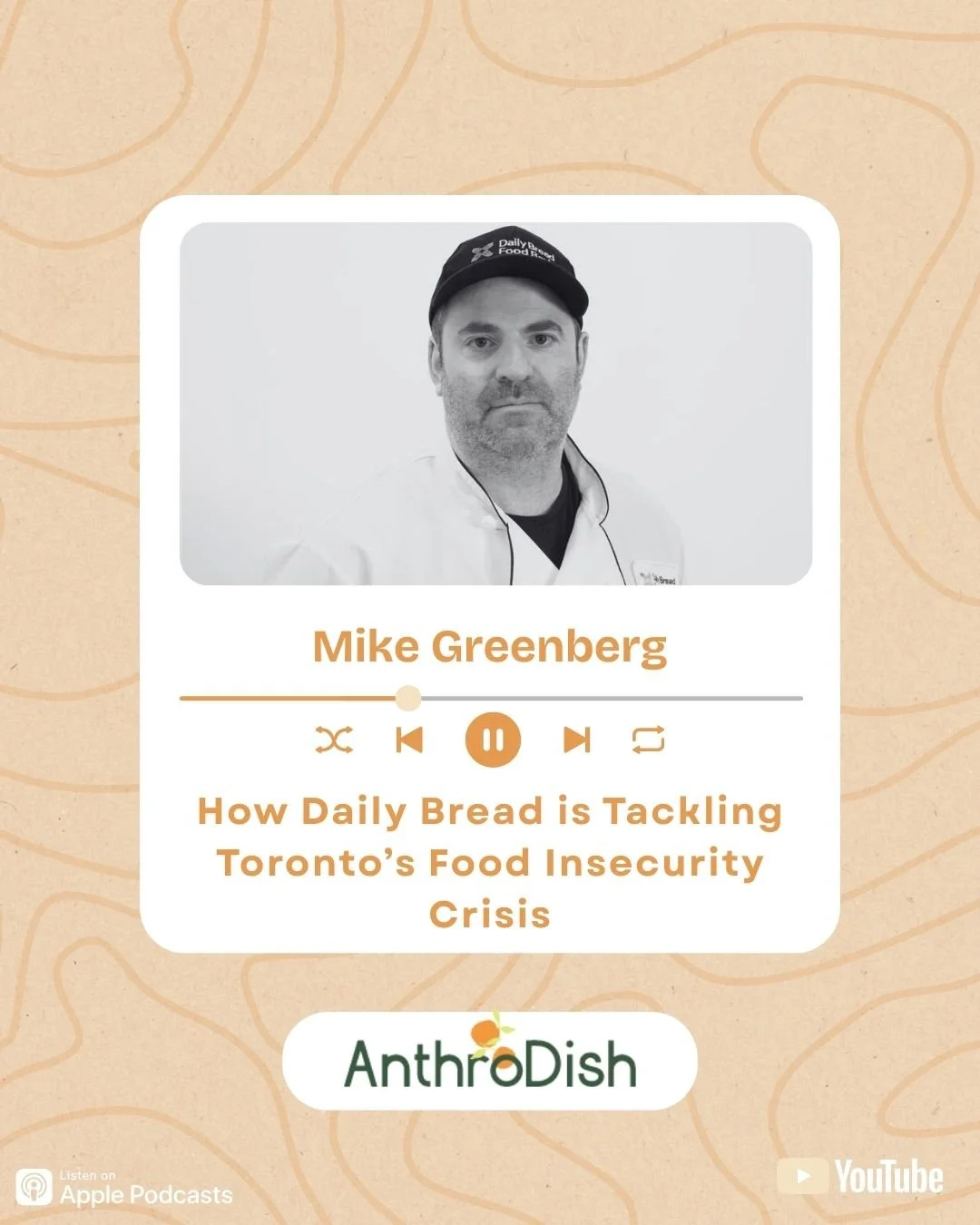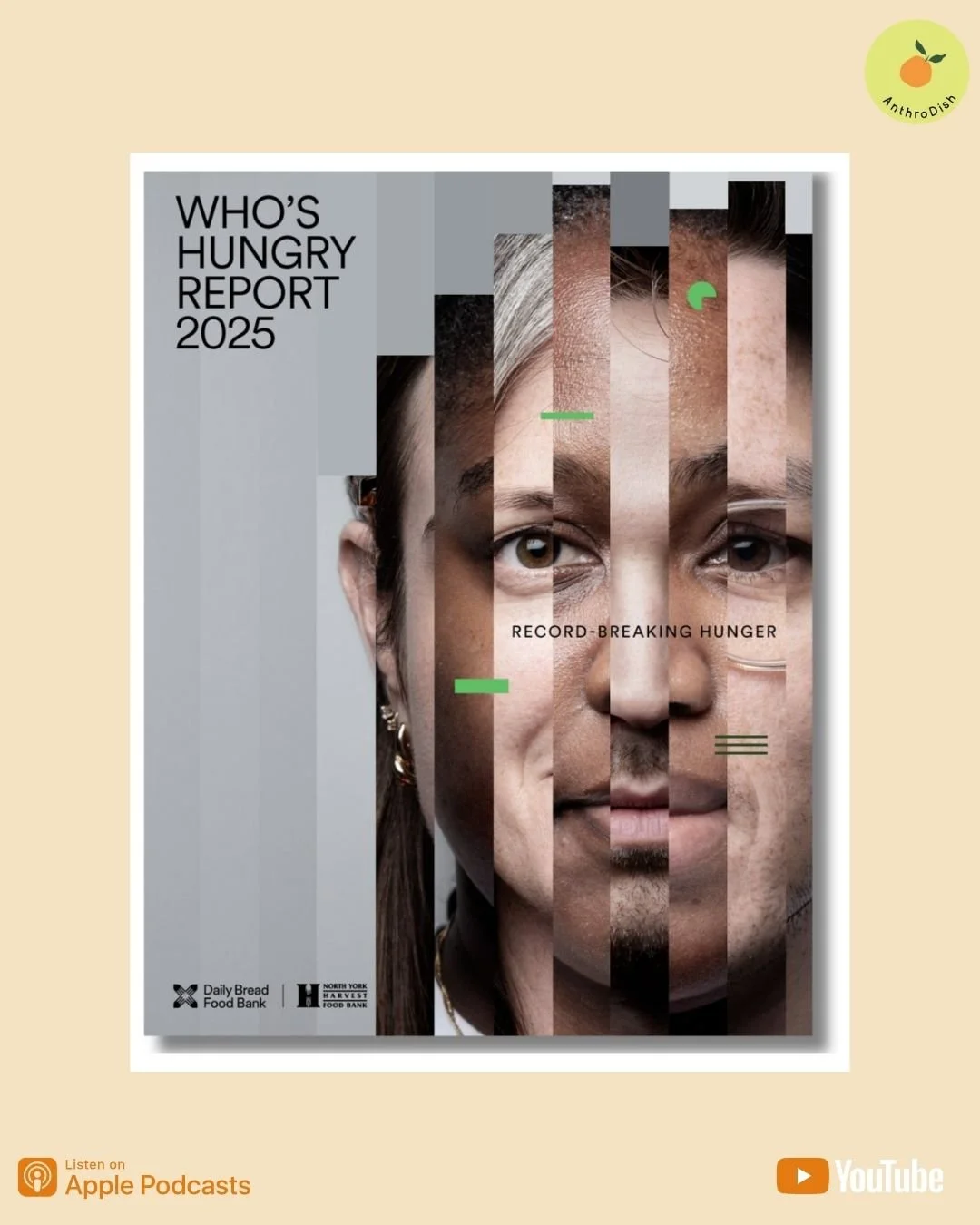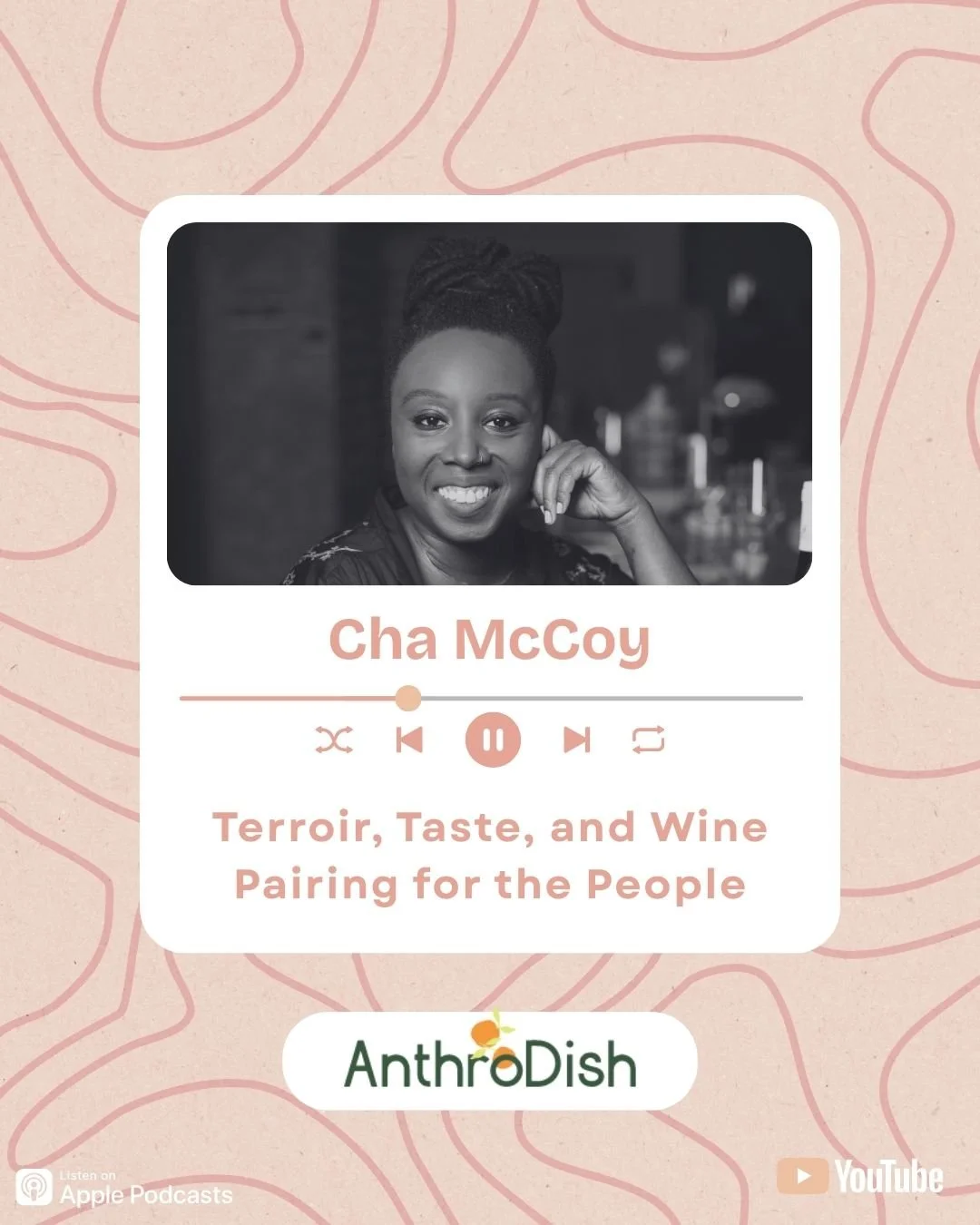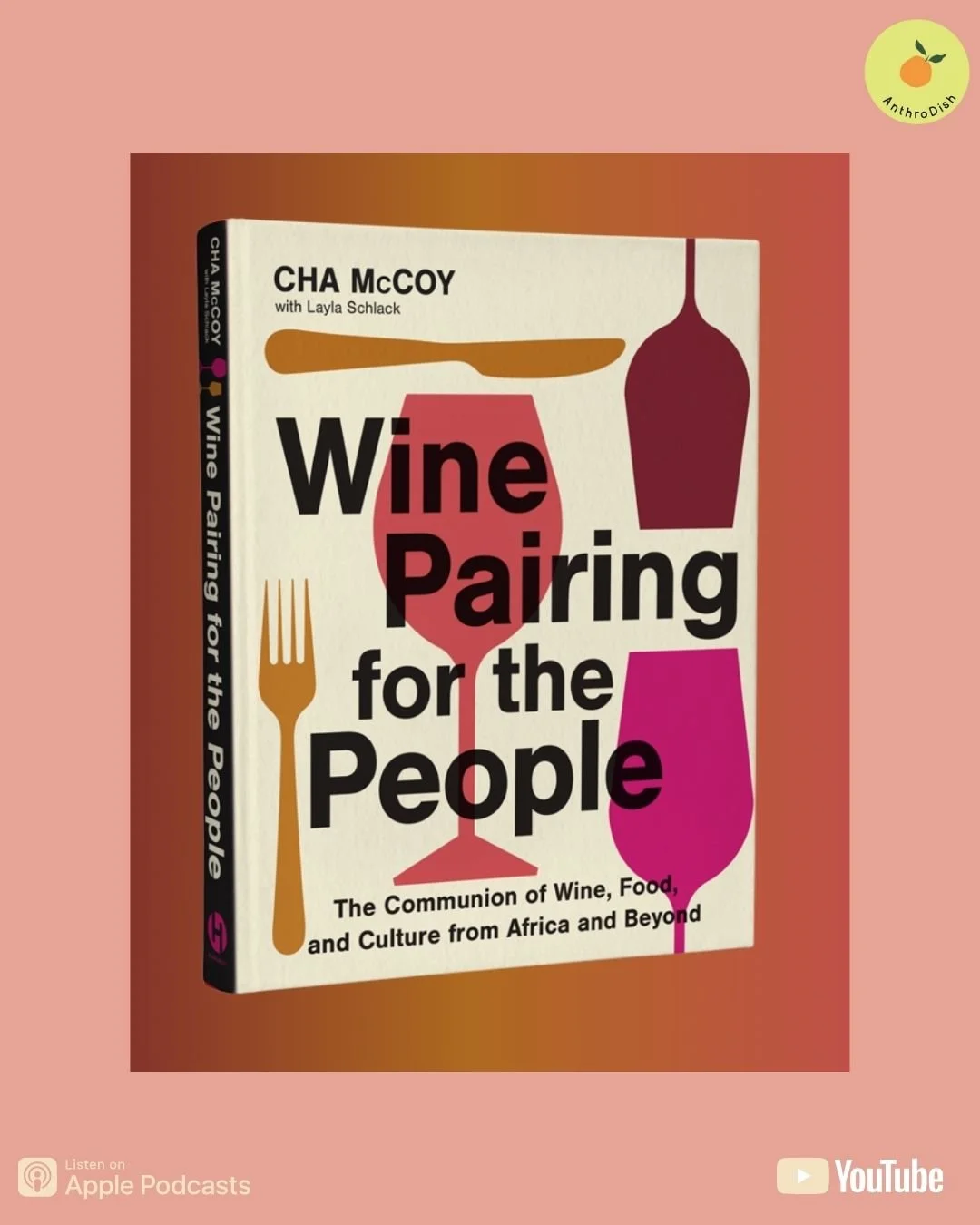What does it take to make the most out of the internet when you’re building a micro or cottage bakery? My guest today, Teresa Finney, is here to explore this through her journey building At Heart Panadería. Teresa is a pastry chef and writer from the Bay Area in California, with family roots in Guadalajara, Mexico. Now based in Atlanta, Georgia, she runs At Heart Panadería, a contemporary Mexican bakery. She is also the author of Panadería: A Cookbook Zine, which contains five thoughtfully crafted original recipes from her cottage bakery.
In today’s discussion, we explore how she began her cottage bakery in her at-home kitchen, the shifting relationship with the internet to spread the word of her new bakes, the importance of sourcing seasonal and local ingredients, the relationship between baking and the body, and the role she sees bakers playing in serving their communities.
Resources:


